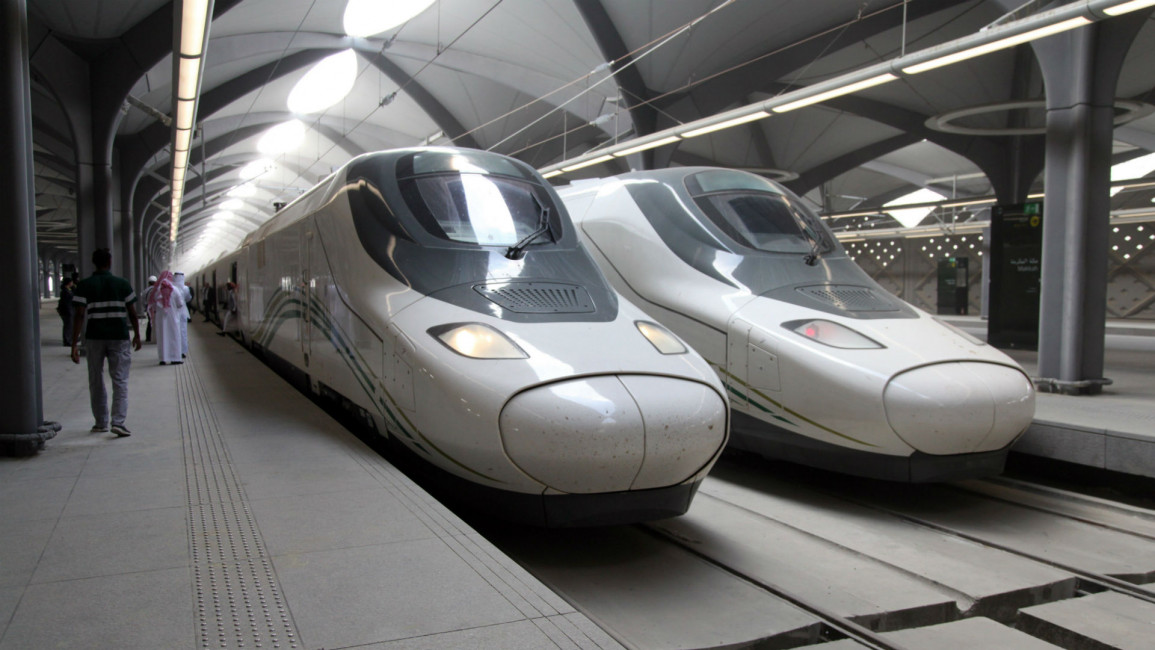Saudi Arabia's Mecca-Medina high-speed rail to begin operations in September
A high-speed railway linking Mecca and Medina in Saudi Arabia, which has been plagued by delays, will finally start operating in September, the Spanish consortium building the project said on Thursday.
The railway linking Islam's holiest cities, which was initially scheduled to open at the end of 2016, had a cost overrun of 210 million euros which Saudi Arabia has agreed to pay, the Al-Shoula consortium added in a statement.
It will begin operating in September with four trains per week, before offering daily service by September 2019.
Saudi Arabia in 2011 awarded the contract worth 6.7 billion euros ($7.1 billion) to the consortium of 12 Spanish companies and two Saudi firms for the project which aims to improve transport between the two cities during the annual hajj pilgrimage.
The contract - one of the biggest Spanish firms have ever undertaken abroad - is for the laying of the 444 kilometres (275 miles) of track between Mecca and Medina, providing 35 trains and maintaining the line for 12 years.
When it is finished, the rail link will be able to move 166,000 passengers per day.
But the project has run into challenges that have added to its costs, leading to disagreements among members of the consortium over who is responsible for resolving them and paying for the cost overruns.
The rail line crosses the Arabian Desert, where sandstorms are frequent and large dunes can suddenly form, which has added to the difficulties in completing the project.
Saudi Crown Prince Mohammed bin Salman visit to Spain last month played a "key" role in resolving the disagreements over the delays in completing he project, Spanish daily El Mundo reported earlier on Thursday.
The leading firms in the consortium - Spain's rail company Renfe, train maker Talgo, and state track operator Adif - have extensive experience with Spain's own high-speed network, the world's second largest after China's.



